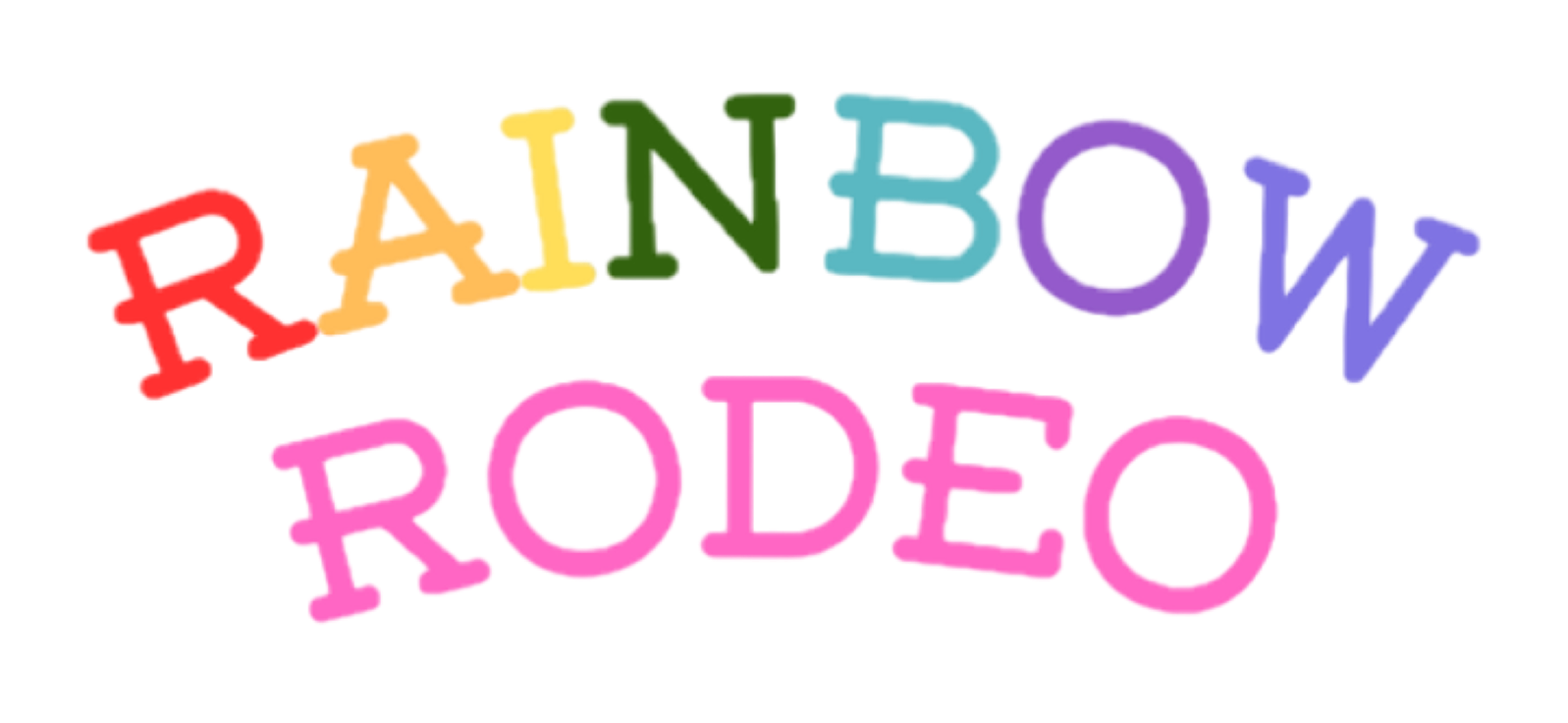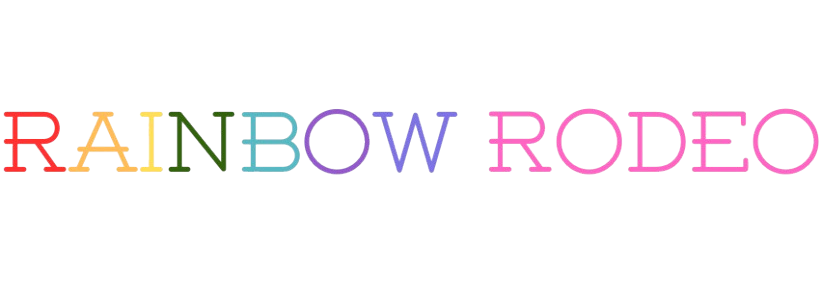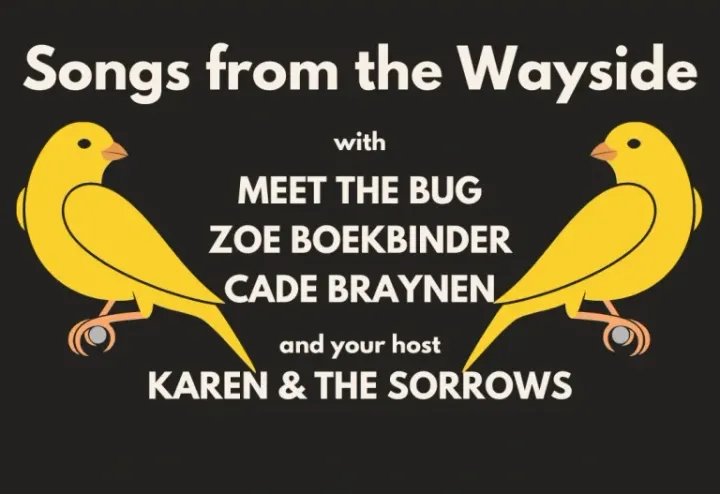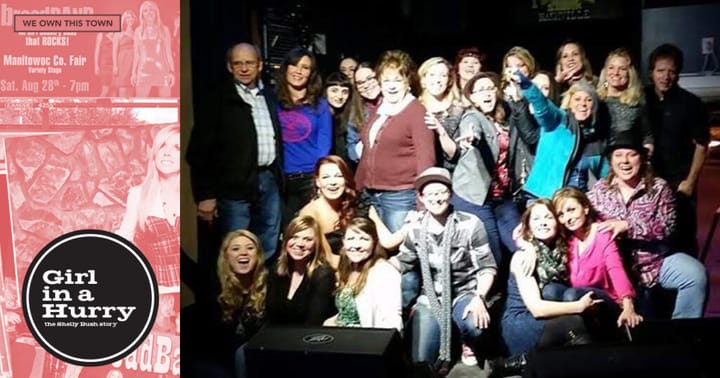INTERVIEW: Karen Pittelman on the Jewish Punk Roots of Queer Country Music

Karen Pittelman, founder of Karen and the Sorrows and the Gay Ole Opry and Queer Country Monthly, is the reason you’re here today, reading this blog/zine. It’s not just that she’s an inspiration to me, personally, but she has done so much work to build and create the queer country community we know today. Many of your favorite queer country artists have played at the Gay Ole Opry or Just in time for Hanukkah, Pittelman and River Mudgett discuss the link between Judaism, punk rock, and queer country. — Rachel
In this interview, Karen Pittelman talks about her origins, Judaism, her new EP Why Do We Want What We Want?, and what moving forward means to her as a disabled musician.
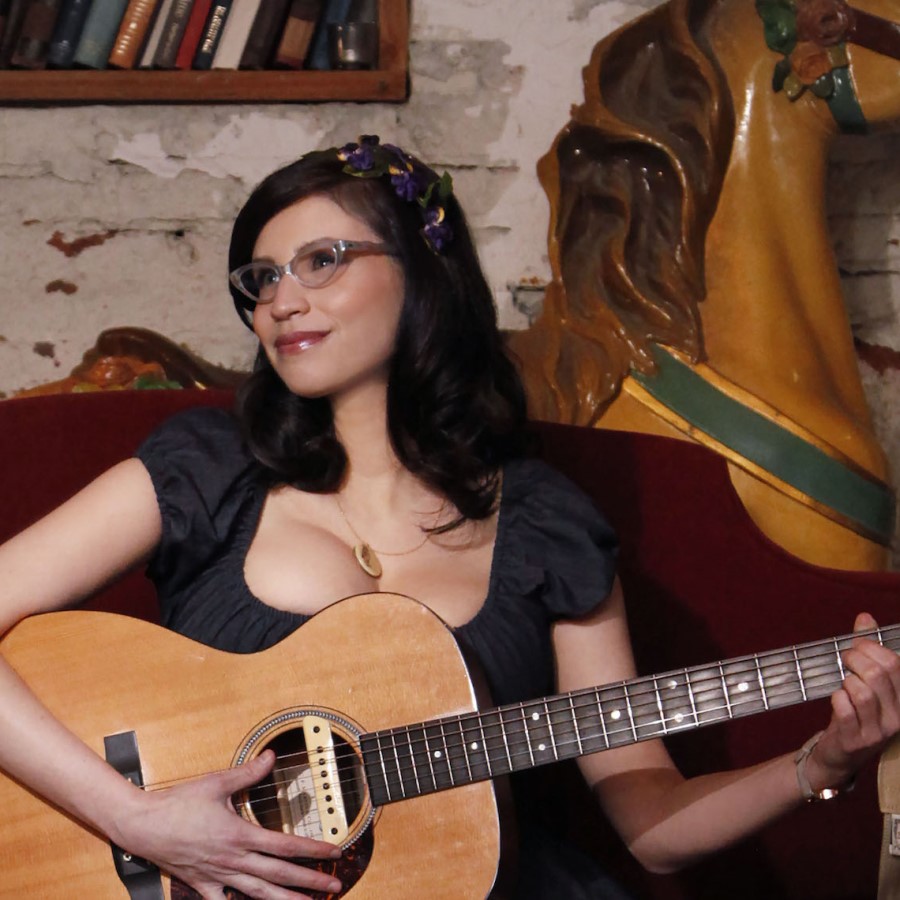
This is kind of a chicken/egg question but, from your perception, how has the punk/county/Judaism triangle fed into each other? There is a lot of overlap between them.
I’m trying to think if I can make a broader version but in a more specific sense: For me, the punk band I was in before, we were band friends with The Shondes and played together… and their fiddle player Eli Oberman was one of the first people I played with when I was trying to figure out how to play country songs because The Shondes had put on this big show called Heartsvakik and my old punk band was playing at that. That was when I was just starting to write new country songs and I was just like ‘I have to try and do one of these songs’. Because not only did I know I could reach out to Eli and ask them to play fiddle but also The Low & The Lonesome are playing. [They’re] one of the earliest New York scene queer country and trans country bands. So, I knew that they were playing and Elana [Redfield] was playing pedal steel. “You have to reach out to her and ask her to play pedal steel!” because I was obsessing about pedal steel. So I did! And that is really the beginning of starting the Sorrows because that was such a powerful experience for me. So, like punk, and being Jewish, and being country are all really intertwined in this moment of how I got started going in this direction so it just sort of feels like one wrapped up thing. I don’t know how it works out more broadly but it’s all one thing for me.
That’s why I was feeling it’s more chicken/egg.
Yeah, and I do think the things that are meaningful to me about being Jewish are more like the tradition of prophetic Judaism and speaking out against injustice and a tradition of anti-Zionism even when my family calls me a self-hating Jew. So, those values have been what has meant the most to me about being Jewish. That and, I think, cultural food things. So when I think of artists who embody all that, I definitely think of The Shondes and their legacy.
Thinking about it now, I’m not surprised that Brooklyn is the place for queer country to bubble up and find a good home but I was really surprised initially to find that out. Brooklyn is not where you think of for country music.
I think it just happened there because we worked really hard to build it there. I think it could have happened anywhere. I do think, also, there are a lot because so many queer and trans people end up on the coast in big cities. There’s tons of people who grew up in places on country music and ended up in New York, in Brooklyn. So when I put on the first Gay Ole Opry there were just so many people there crying. Saying “I never thought I’d ever be able to somewhere where I could listen to music I grew up on and I love.” I think in that way, you know, it was fertile ground for building community but I think there’s always been pockets [of people who want queer country].
In looking you up before this to get some ideas for conversation direction, I was really pleasantly surprised to realize that you’ve been pretty foundational in queer country becoming solid and getting out there. Was it just the ‘I saw something lacking and put my work into that because I could’?
I mean, I think it’s the same punk/queercore ethos of if you need something to exist, sometimes you have to make it yourself. I started writing country songs whether I wanted to or not, I started a country band. After I played that first song, there was no going back and I really, then, missed having queer spaces to play music in. I just wanted to have a place where I could feel at home. Where I wouldn’t feel uncomfortable with people being creepy that the pedal steel player was my girlfriend. So it sorta came out of that and I felt like there were a couple other bands and a potential for it to grow. So, I wanted to help make that happen. Be what it could be. But it did certainly blow my mind the first time somebody said “I have a queer country band” and we just made up calling it that! That’s not a thing! But it’s like if you build it they will come. And now that it’s a thing, thing, it’s especially bizarre to me.
So, I first heard “Kol Nidre” on a playlist during the High Holy Days. I expected the “Kol Nidre” that you hear in synagogue when I saw the title. So I was like ‘oh, oh, this is something different. This is interesting. This isn’t what I was expecting’. It was refreshing and pleasant and unexpected to get an interpretation of Kol Nidre that we may talk about but things are different when they’re sung about than when they’re just talked about.
Liturgical, even if it’s country. And that song does have a melodic fragment from the prayer that it’s built around. I always loved that part. It’s just in there. I didn’t sit down to write a song called “Kol Nidre” at all but the song was just coming through. The melody is in it. That’s what this song is about. It’s just sort of happened to me. And I really struggle- I didn’t know how to put this EP out because I can’t play and I can’t tour and I don’t really know how to be out there and talk about all that when people are just like ‘oh the pandemic’s over.’ It’s confusing but the songs, especially that song, was like “bitch, we want to be out in the world! We don’t care how you feel!”
Yeah, creative works tend to just have their own will.
And that one especially was like “Put me out in time for Yom Kippur! What is your problem?’ It makes me really happy to know it made its way onto a playlist and to you. That’s what I really wanted, was for these songs to be passed around.
As a disabled person with immuno disoders and as someone whose partner was immunocompromised before catching covid, I can’t just go to shul willy-nilly, or share meals in person, and a multifaith household, culture is all in the kitchen for me.
I feel that. I’m isolating on my own so I make some kugel and I light a candle. How do you explain to someone who isn’t sick what it’s like? You’re not missing meals in a restaurant if you’re worried about your ability to get up and go to the bathroom. I could have tried to do press but I don’t know how to talk about this stuff with anybody except for other people who are sick and disabled.. I don’t know how to do it without feeling like I’m going to have a complete and utter breakdown. The sense of cognitive dissonance where I feel like I’m not even living on the same planet… And also, it’s like, one ear out the other of you know me. You saw what I’ve been through. Doesn’t that mean anything? At least doesn’t it mean you don’t want me to have to get worse?
My distinct turn was 2019 when I got a more severe injury than I should have gotten from a fall and now I can’t understand that cognitive dissonance. Well, I get it because I was there but also having lived the turn, how do they still have it?
It’s a shitty club to be in. When everybody in music went back to play live.. I was doing the Queer Country Monthly as a stream for the first two years of the pandemic and it was great cause everybody wanted to be part of that. Then as soon as everybody decided the pandemic was over.. I don’t know anymore how.. What I’m supposed to do to keep being a part of music but I’ve been thinking about how to put together some sort of like arts event, call it The Wayside Collective, and have it be like music and poetry or sharing whatever. Everybody who can’t be out there for whatever reasons.
Karen and the Sorrows — Official, Facebook, Instagram, YouTube, Spotify
